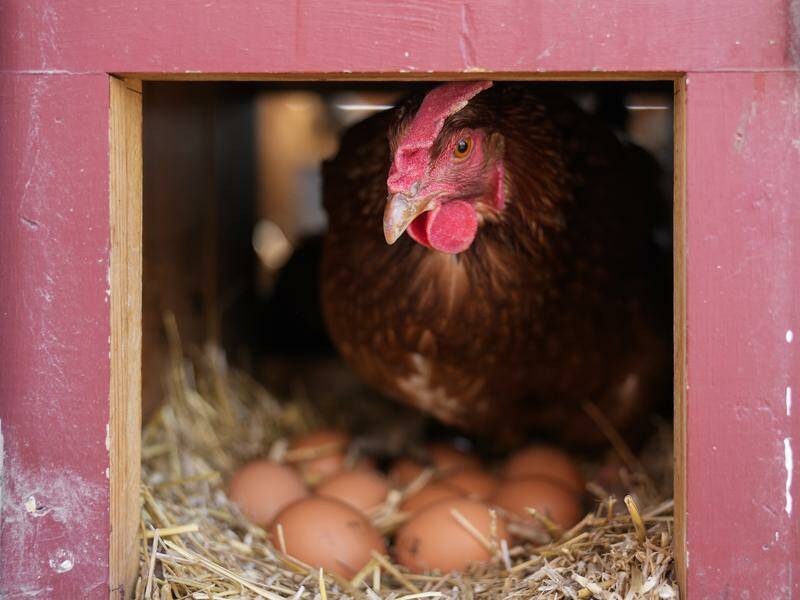
Japan has reported an outbreak of severe bird flu on an egg farm located in the town of Shiraoi, situated on Hokkaido island. The highly pathogenic avian influenza, commonly referred to as bird flu, resulted in the death of 46 birds on the farm, according to a statement from the World Organisation for Animal Health (WOAH). This information comes from a report submitted by Japanese authorities, highlighting the continuing threat posed by the virus to the poultry sector.
The report did not specify the total number of birds in the affected flock or provide details regarding the specific strain of the bird flu virus involved. The emergence of this outbreak has raised concerns within the poultry industry and among government officials. Recent years have seen bird flu outbreaks lead to the culling of hundreds of millions of poultry, severely disrupting supply chains and contributing to rising food prices.
Global Implications of Bird Flu Outbreaks
The latest incident in Japan underscores ongoing worries about avian influenza’s potential impact on the global poultry market. The poultry industry has been particularly vulnerable, with outbreaks leading to significant losses and heightened biosecurity measures. As governments respond to these threats, the economic implications can be severe, affecting not only farmers but also consumers facing higher prices for eggs and poultry products.
Countries around the world have been vigilant in monitoring bird flu cases, implementing strict protocols to prevent the spread of the virus. The situation in Japan is a reminder of the need for continued vigilance and rapid response to outbreaks, especially considering the potential for zoonotic transmission, where diseases jump from animals to humans.
Future Outlook and Precautions
As authorities in Japan address this latest outbreak, the focus will likely shift to containment measures and testing to ascertain the full extent of the virus’s spread. The poultry industry is under pressure to enhance biosecurity practices to protect against future outbreaks.
The WOAH and local authorities will continue to monitor the situation closely, providing updates and guidance on necessary precautions. Stakeholders in the poultry supply chain are urged to remain alert and proactive in managing risks associated with bird flu, aiming to safeguard both public health and the stability of food supplies.
In conclusion, the outbreak of bird flu in Shiraoi serves as a critical reminder of the challenges faced by the poultry industry and the importance of coordinated efforts to combat avian influenza globally.






